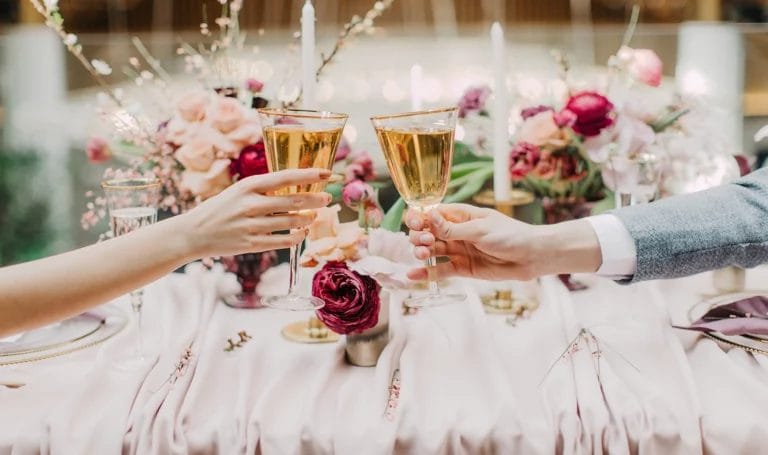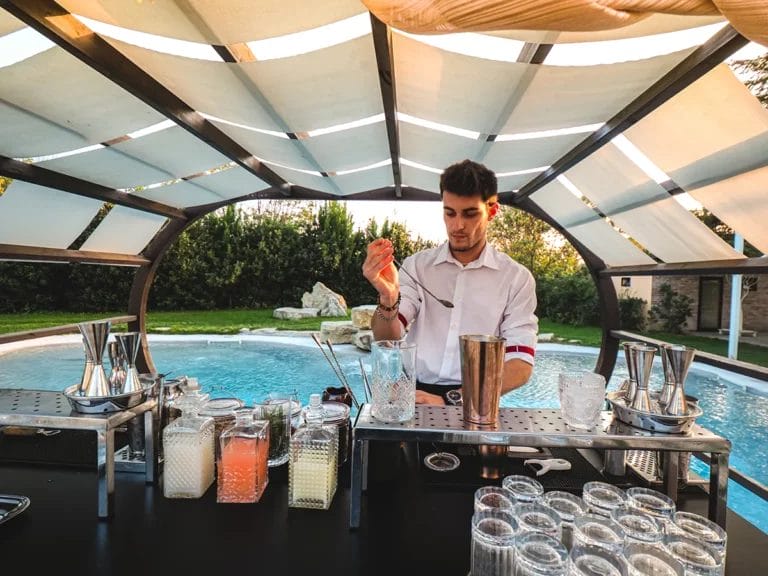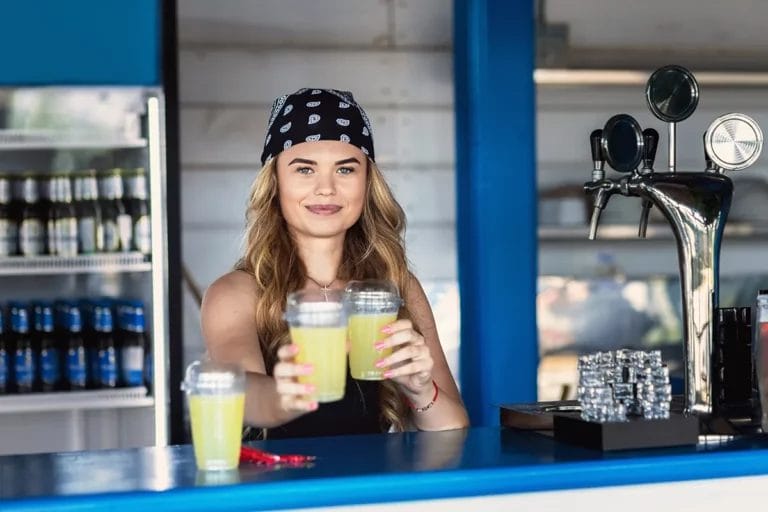According to the National Highway Traffic Safety Administration (NHTSA), around 37 people die every day in alcohol-related accidents. About a quarter of those fatalities involve an underage driver.
If you’re serving liquor at an event, the last thing you want is for one of your guests to become a statistic. With well over 13,000 preventable deaths every year, safety and responsible serving are more important than ever.
In addition to keeping your guests safe, it’s also important to protect yourself from the liability involved in serving alcohol. Car accidents, bodily injuries, and immense property damage are just a few of the risks party hosts face due to the intoxication of their guests.
If you’re getting ready to throw your next big shindig, consider these nine ways you can reduce host liquor liability claims.
1. Know and Follow Your State’s Laws
Whether you’re throwing an office party, wedding reception, or birthday bash, serving guests safely should be a top priority—both to protect them and yourself from costly claims.
FindLaw offers some guidance as to host liquor laws by state, but you’ll also want to check your state’s regulations online.
As you firm up your policy, you might also consider consulting with an attorney familiar with laws in your state.
2. Hire Professionals
We recommend requiring your contracted bartenders and caterers to provide liquor liability insurance during the event and to list you as an additional insured. This protects you from their negligence.
When you hire professional caterers and bartenders, you can have the peace of mind knowing that food and drinks are professionally and safely served to your guests.
Many states even require these workers to be TIPS certified to help promote responsible consumption.
Note: Even if your contracted employees carry insurance, that won’t always protect you in the event of a liability claim. It’s wise to invest in host liquor liability coverage to further mitigate the risk of serving alcohol to guests. Since you could still be named in a lawsuit, carrying your own host liquor insurance is crucial to managing your risk.
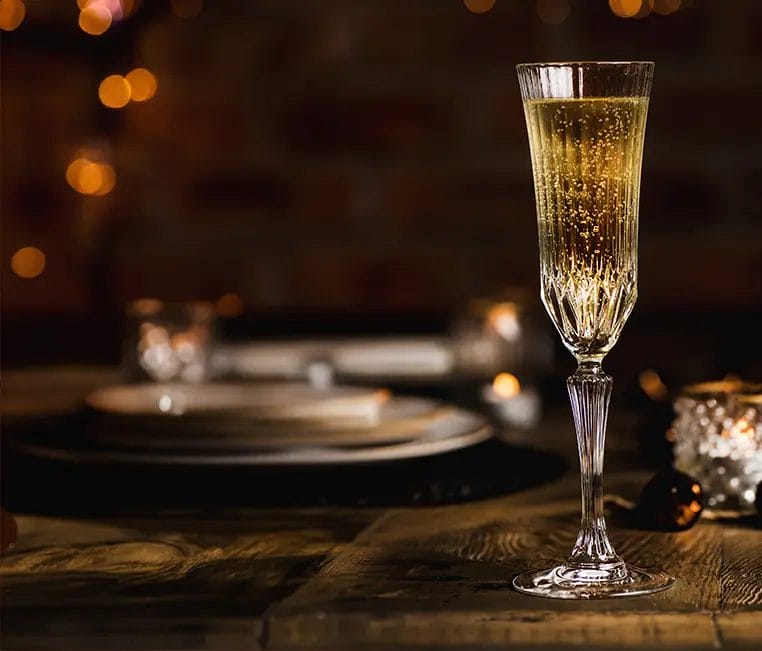
3. Use Narrow Wine Glasses
4. Always Serve Food and Non-Alcoholic Drinks
If guests don’t have access to other options, they’ll often consume more booze to sate their thirst or hunger.
Alcohol dehydrates you, which can create an unhealthy cycle of drinking more when what their bodies actually need is water.
To combat this, provide guests with food and non-alcoholic beverages, and make water readily available (and ideally self-serve).
Even if you’re not serving a full meal at your event, a charcuterie board or hors d’oeuvres can go a long way. This, along with easy access to water or soda, can prevent people from becoming too intoxicated.
5. Don’t Announce Last Call
It is a common business technique for bars to announce “last call” to drum up extra sales and tips before the end of the night. But you don’t want to encourage people to drink more as the party is winding down since many of your guests will likely need to drive home!
Consider swapping to only non-alcoholic beverages for the final hour of your event. We also recommend putting away any leftover beer and liquor as the evening is coming to a close—offer guests bottled water, seltzer, or soda instead.
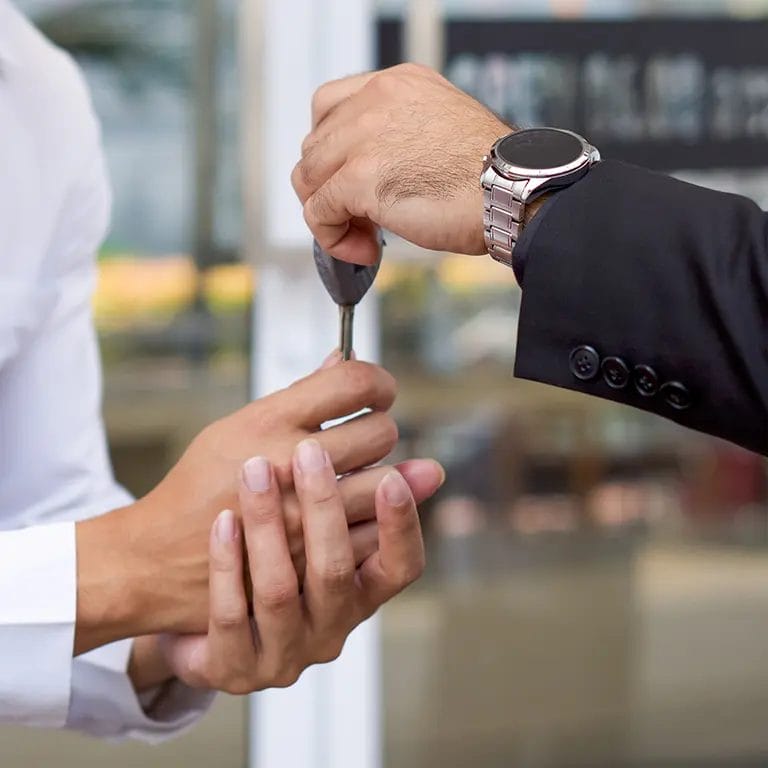
6. Set Up a Parking Plan
Stay on the safe side by providing valet parking at the event. This reduces the potential for property damage due to collisions and prevents unnecessary roadblocks from occurring near your property.
If you’re unable to provide a valet service, make sure that the parking lot is clean, well-lit, and clearly marked with ample space for vehicles to back out and maneuver.
7. Clear All Walkways
No matter when, where, or what time of year your event takes place, it’s important to identify and clear potential hazards.
All paths to, from, and through your event need to be free of debris or cracks that could cause people to trip. And you should always ensure that your venue has adequate lighting for evening events.
You’ll also need to account for the season and weather. Remove leaves or sticks that could build up on sidewalks to prevent slip-and-falls. During cold months, make sure sidewalks are salted and free of ice and snow.
8. Carefully Pick Out Your Party Decor
Candles can create a relaxed ambiance; however, an open flame is never a good idea, particularly when you’re serving liquor at an event. Instead, opt for LED lights that offer the same glow, minus the risk.
It’s also best to avoid decor that guests could get tangled up in, such as balloons or streamers on the floor. Securely attach any decorations at table level and above to prevent people from tripping or falling.
9. Provide a Ride
Even if you take precautions to limit your guests’ alcohol consumption, some people will still overdo it.
Ensure they have a safe way home by providing access to transportation services, such as Lyft or Uber.
If you know the partygoers personally, check in with them and see if they have a designated driver or if there is a loved one who can come pick them up.
Bonus Tip: Get Host Liquor Liability Insurance
What Is Host Liquor Liability?
Host liquor liability insurance is short-term coverage for private event hosts who serve, sell, or provide alcohol*.
From small events, like BBQs or dinner parties, to larger ones, like weddings or galas, event planners take on substantial risk by serving wine, beer, or liquor. You can mitigate those risks with host liquor liability coverage, which can help absorb the expense of costly claims resulting from intoxicated guests.
Here are some host liquor liability claim examples that illustrate the risks you could face:
- Brawling guests. A few hours into the party, two intoxicated guests begin arguing and escalate into a fistfight. One of them ends up with a broken nose and requires medical attention. As the host, you could be liable for their medical bills.
- Underage drinker. An employee brings their 19-year-old son to the annual holiday party. The bartender fails to check his ID and serves him. The teen then drives himself home, loses control of his car, and drives into a ditch. You could be sued for the damages.
- Parking lot fender bender. After a wedding reception, an intoxicated guest gets behind the wheel and rams into the deck of the venue. Their vehicle requires repairs and the deck needs to be patched up. Now the property owner and guest want you to cover the costs.
Insurance could offer a financial safety net in all of these situations. If you’re planning an event where wine, beer, and spirits are on the menu, host liquor coverage is a wise investment that could save you tons of money in the long run.
*This does not cover businesses that produce or sell alcohol as their primary source of income. If you make, distribute, sell, or serve alcohol as part of your business, you’ll need a liquor liability insurance policy instead.
A lot of work goes into throwing a great party, and the last thing anybody wants is for it to end with somebody getting hurt, or worse.
Taking precautions, like serving responsibly and purchasing host liquor coverage, can guard you and your guests from catastrophic consequences.



